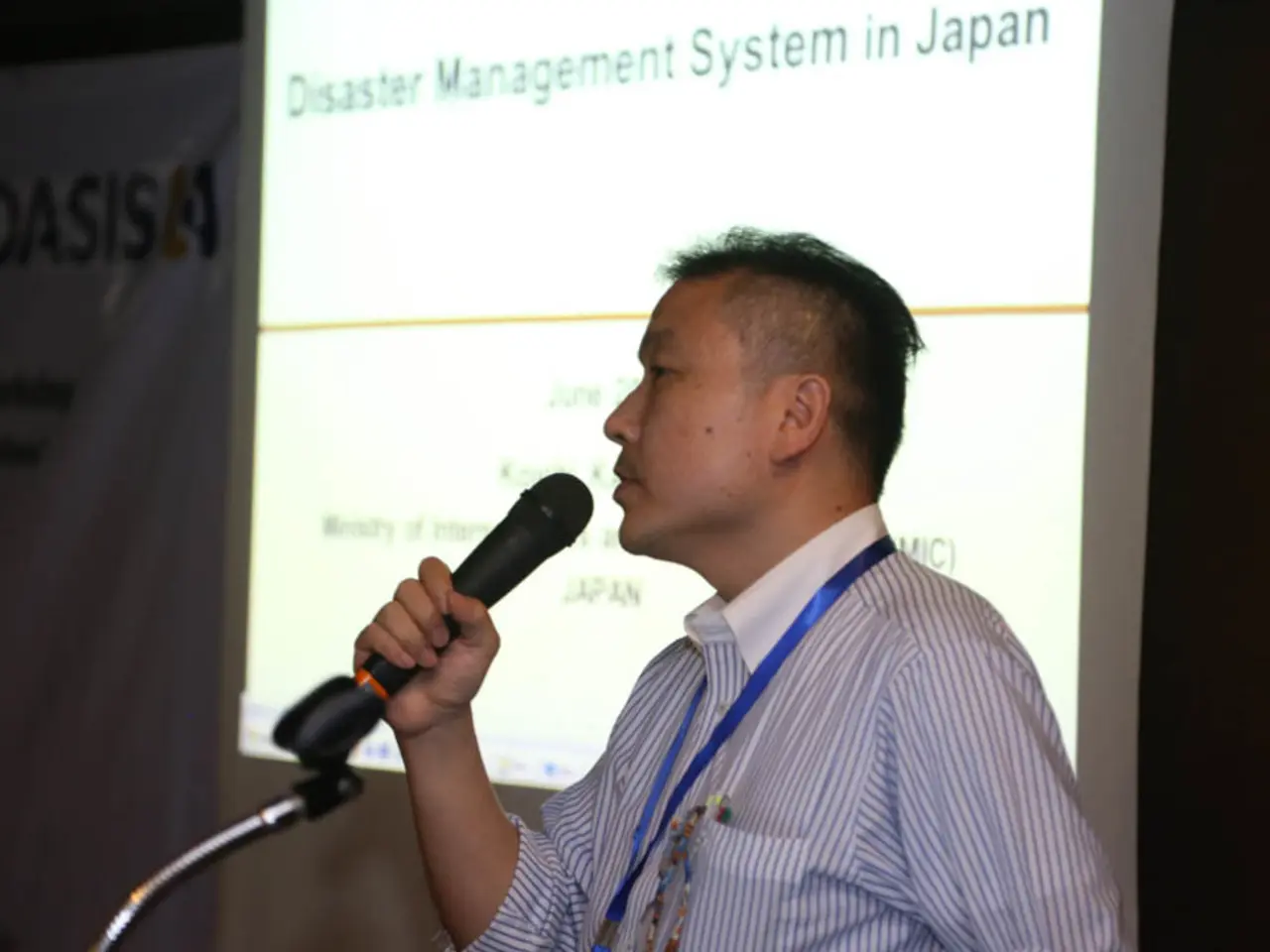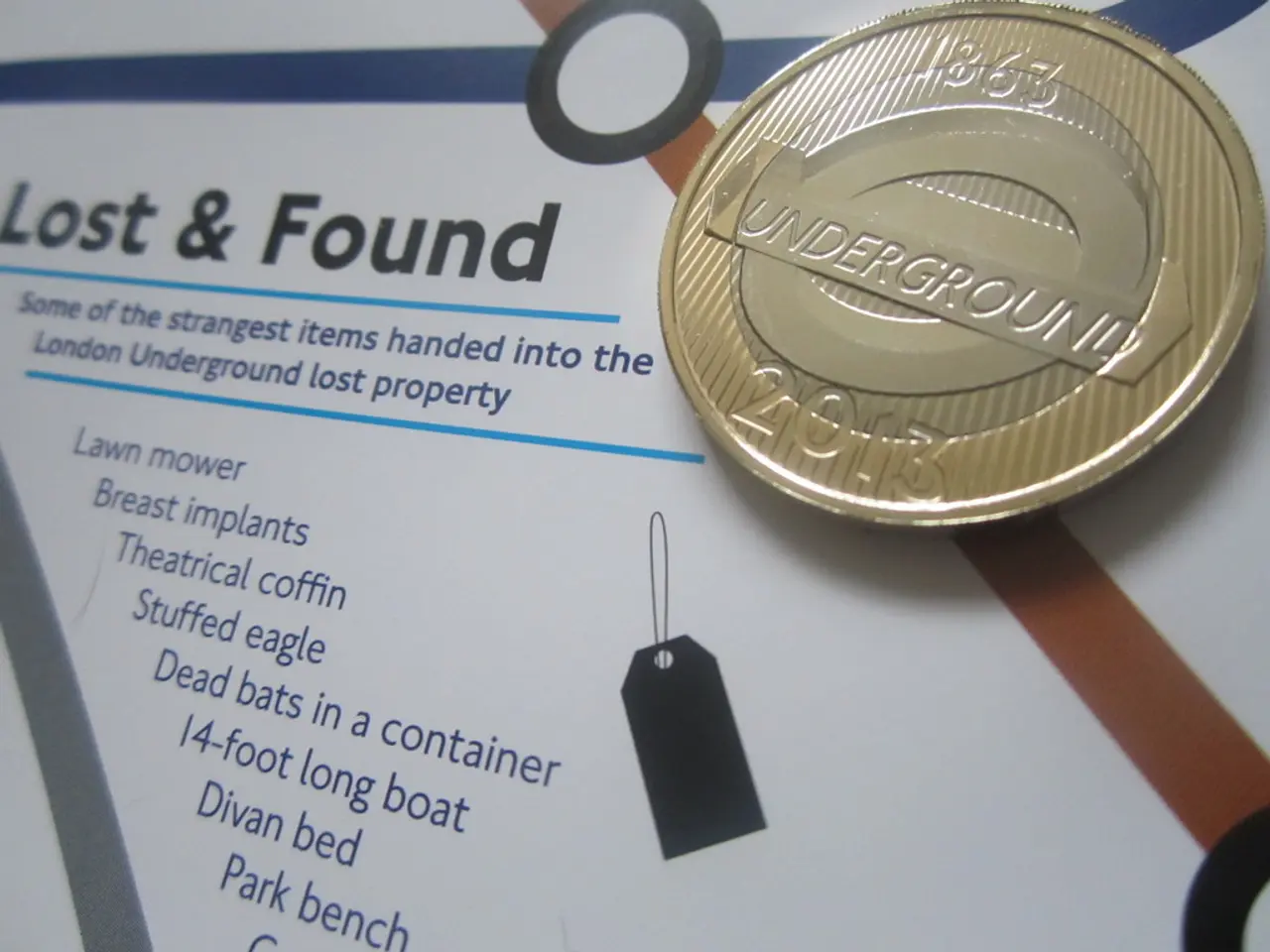Asia's Front-Runners in ISSB Compliance: Hong Kong, Japan, and Malaysia Distinctively Adhere to ISSB Regulations
In a significant move towards transparency and accountability, the International Sustainability Standards Board (ISSB) has released its first batch of jurisdictional profiles and snapshots, revealing that over a third of the 36 countries in the process of adopting its standards are in the Asia region. This development signals Asia's emerging leadership in adopting global sustainability reporting norms set by the ISSB.
The ISSB, which was established last year, has proposed easing its requirements for Scope 3 reporting, which covers indirect value chain emissions. In a bid to provide transparency to investors, banks, and insurers on which jurisdictions are adopting comparable standards, the ISSB has offered a one-year relief from Scope 3 reporting.
Japan, along with 11 other countries, has proposed standards that are fully aligned with the ISSB's rules, either in terms of the disclosure requirements. Notably, Hong Kong, Japan, and Malaysia have fully aligned with the ISSB's rules. However, South Korea has opted not to require industry-specific reporting, which is a slight deviation from the ISSB's recommendations. Bangladesh is limiting disclosures to the financial sector.
The key differences emerging in global reporting rules compared to the ISSB standards, as seen in countries like Singapore, Australia, and South Korea, largely revolve around their approaches to materiality, scope, and regulatory alignment. The ISSB standards, for instance, emphasize financial materiality from an investor’s perspective, focusing on sustainability-related information that affects enterprise value and capital markets globally.
In contrast, some jurisdictions, including parts of Europe and frameworks like GRI and CSRD, apply a double materiality approach, requiring disclosure of both financial impacts and broader environmental and social impacts on society and ecosystems. For example, the CSRD applies this double materiality perspective and mandates detailed, granular reporting.
Countries like Singapore have begun endorsing or tailoring ISSB standards while considering local sustainability priorities, which may lead to jurisdictional nuances. Australia and South Korea are also developing or adopting sustainability reporting frameworks that incorporate ISSB standards but may include sector-specific or national regulatory requirements. These countries might also focus on mandatory assurance requirements and specific climate or social governance indicators aligned with their national policies.
The ISSB's aim is to create a globally consistent baseline, but countries still maintain or develop complementary reporting frameworks that reflect local policy objectives and stakeholder needs. This leads to a layered reporting landscape where ISSB standards serve as a foundation, but local mandates introduce additional disclosure requirements or frameworks, creating some complexity for multinational companies.
Other standard-setters, such as the Science Based Targets initiative, are also softening Scope 3 reporting requirements. The 36 jurisdictions represent a significant share of global market capitalisation, making the adoption of these standards a crucial step towards a more sustainable global economy.
However, it's important to note that Qatar and Panama were excluded from the ISSB's analysis as they have only recently announced their plans to propose their standards. The European Union was left out of the analysis due to uncertainty about how its ongoing simplification of sustainability reporting rules might impact their interoperability with ISSB standards. Furthermore, the EU could be exempting some large firms from Scope 3 reporting for three years, according to a leaked draft proposal.
In summary, the ISSB standards focus on global investor-centric financial materiality and standardized sector-specific disclosures, whereas countries like Singapore, Australia, and South Korea integrate these global standards with jurisdictional-specific requirements and broader sustainability considerations, often including double materiality concepts or additional assurance and thematic disclosures. This results in a multifaceted global reporting environment with ISSB standards as a foundational, but not the sole, element.
- The ISSB's proposed Scope 3 reporting relaxations aim to offer transparency in climate-related financial matters, easing requirements for indirect value chain emissions.
- Hong Kong, Japan, and Malaysia have adopted ISSB standards fully, aligning their disclosure requirements with the ISSB's rules, while South Korea and Bangladesh have slight deviations in industry-specific reporting and financial sector disclosures, respectively.
- Global reporting rules, such as those in Singapore, Australia, and South Korea, diverge from the ISSB standards in their approaches to materiality, scope, and regulatory alignment, often incorporating double materiality and additional assurance requirements.
- The adoption of ISSB standards, as seen in 36 jurisdictions representing a significant share of global market capitalisation, is a key step towards corporate responsibility in addressing climate finance, biodiversity, and sustainability issues within business and finance.




